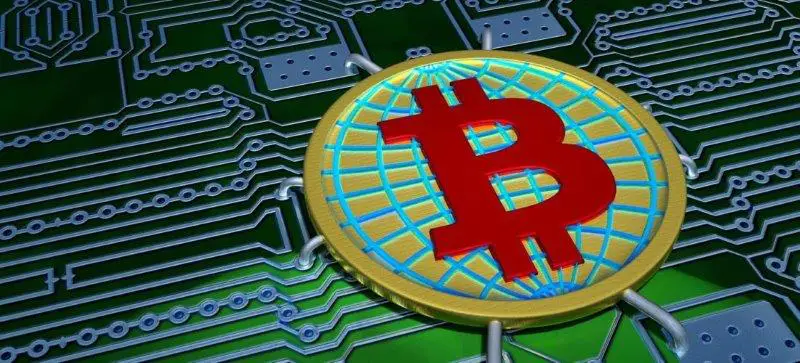
Witness the Coming Bifurcation of Bitcoin
For the past few years, among numerous others, the Bitcoin network has been working with two critically essential ideas related to the asset’s future.
One idea explains the narrative of institutional adoption: This emphasizes the possibility that institutions will start purchasing Bitcoin from an investment point of view.
While the other idea is decentralization: it emphasizes one’s own money related power and the simplicity with which individuals can take an interest in the system at a moderate cost.
While both are vital in their particular ways, taking into account how institutions work, these two ideas will be in conflict.
This should hardly be an issue though. What the world is probably going to see is the bifurcation of bitcoin uses across the world for. This bifurcation would be due to various reason or objectives. Thus it would be important to learn how it can be dealt with.
The Bitcoin Institutionalization
There is this concept present in the traditional economy; it is called the “hard money” thesis. As per this concept, Bitcoin will be perceived as a better form of money due to its money related policies and will be accepted by institutional investors.
However, some portion of institutional adoption is looking past the hidden advantages of the assets, and are looking into whether there’s a hunger for individuals to purchase, sell, hold and trade bitcoin.
Where there is a hunger for financial assets, institutions will provide to the demand. For this situation, the investors will incorporate people.
The challenge institutions face in working with Bitcoin is that finance-related tools for institutions should be dull; institutions hardly custody their resources.
For many years, custody operations have been in the hands of particular institutions of the finance sector. These institutions will hold the assets in custody and perform all the functions that are required in the interest of that specific assets’ owner.
But, in the case of Bitcoin, custodianship is a challenge, not only for the technical reason like the private keys should be secure.
It is operationally sensible for institutions to hold the keys as; very few financial institutions have the expertise in-house; while some do not have the hunger to go against such an intricate process.
Thus, for institutions to get going to play in Bitcoin, these issues should be attended, and they will probably be treated similarly that the monetary institutions usually do; with centralized products and standards.
While there is a restriction to the centralization, and specifically how certain custodians oversee forks, in reality, only a few monetary institutions want to adopt this side of digital assets, at least for a short time.
Many experienced Bitcoiners oppose this centralization from a technical point of view.
There is no point in censorship and resistant money if one is going to institutionalize and centralize it.
As per the story covered in Time magazine, Bitcoin is adding to the freedom of transactions and money as it has enabled individuals to store money far from the government, which hardly trust. If this is exactly what the perspective of people is, then it would not be surprising that the government of those countries wishes to limit its use.
The world has witnessed such controls and restrictions in countries like Zimbabwe and China. For utilization in countries like these, Bitcoin must be decentralized.
Centralized custodians, standard institutions can be impacted by such rules and regulations.
Considering the present situation, it should fundamentally enhance in its usability, especially around key management. It will have to reduce its volatility in the countries that demand censorship resistant money.
Last but not least, we will require a change in perspective towards bitcoin. We will have to see its potential beyond merely a store of value, better than gold.
If Bitcoin accomplishes this perspective, the obvious result is that we would expect bitcoin to hold a dual status across the world.
In nations where individuals have more confidence in the standards of law & regulations and national banks, censorship restriction is less attracting, and hence bitcoin could be viewed as an investible product, much the same as gold.
However, in parts of the world where the people and economy are under harsh rules and regulations, bitcoin might be considered as an illegal form of money or asset. In such cases, there would need to have more emphasis on self-management of wallets and key.
Centralization of bitcoin products and its management is not hazardous. It’s however crucial that bitcoin at its core remains a decentralized, censorship-resistant mode of value exchange and storage.